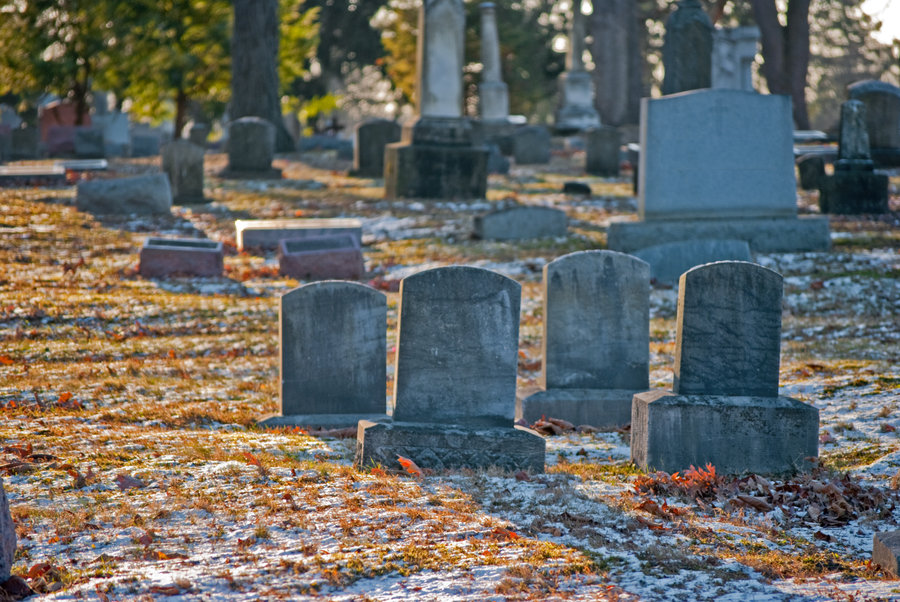JJ and I have an amazing opportunity in front of us. We get to move home, close to family, where he can teach in the local schools, as he had hoped those years ago when he decided to change careers into education. We’re excited – only as the stars perfectly aligned did this become a reality. This is a good thing.
Yet, it’s a hard thing.
It’s hard to leave. My friend dropped by with chocolate – and later with cilantro – when she knew I was struggling. I have to leave thoughtful people like this! It’s totally unfair. Our beloved school is only a Troy campus. Our church family. Our small group. My yoga studio. My work.
It’s hard to pack. We’re painting, de-cluttering and staging a house to put on the market with 4 nosy young children. This isn’t just hard, it’s nearly impossible.
It’s hard to find a new home. The size of our family makes us a tad needy in the space department. The size of our income makes us a tad needy in the budget department. And now that I’ve been surrounded with these delightful people who know about beautiful things, I want all of the beautiful things. In fact, I just hung up curtains in my bedroom tonight. DO YOU KNOW HOW FINISHED A ROOM CAN FEEL WITH A SET OF CURTAINS? People, this is valuable information that needs to be shared. Buy all the curtains! Even the cheap ones from IKEA that need hemmed! Hang them on an inexpensive IKEA rod and do a happy dance at the beauty of a properly clothed window!
I digress. Back to the hard things. (Although, cutting in a straight line to hem curtains is HARD for me.)
Part of me, in my early morning festering of woe, wanted to throw in the towel. Should JJ rescind? We could just stay. We can be in a house, with a yard, right here. (WITH BEAUTIFUL CURTAINS, let’s not forget.) Perhaps we made the wrong decision. This is too hard – if it were good, it would be easy, right? Things would happen with rainbows and butterflies and the occasional unicorn. Prices would drop, water softeners would be included in the price and the next 3 months would consist of mimosas with the ladies I love most. That’s how we know when we’re doing the right, the best, the good thing. Right?
Where did we come up with such a philosophy of life? That once a decision starts to cost us something, we’re doing it wrong? If it’s hard, it’s also bad? These are terrible guides into life. Everything in my life that is worth anything to me has come with a cost. Being married, mothering children, often even my work – they all tend to be hard. But they are good. Beautiful, even. They’re my best offerings to my world. If I took steps away every time it gets a bit challenging, I would be halfway around the world by now, drinking Italian wine and reading old books by the sea. But that’s not good, it’s just easy.
So my mantra now is good things can be hard things. They’re not mutually exclusive. The Easy Button that Staples wants to sell us only rescues us from buying printing supplies. If we start using it with the rest of life, it could end up quite boring. It’s only through engaging challenges that we find out it’s true worth.
